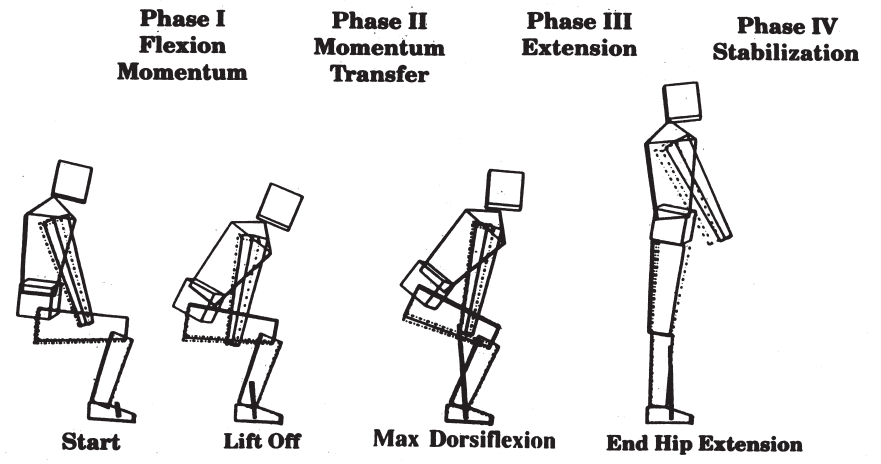Smart Stick

This project aims to develop a smart, adaptive, and intelligent walking aid for elderly people, which can provide adequate force in a Sit-to-Stand and vice-versa transfer. The proposed device is equipped with sensors and intelligent algorithms that actuates itself adaptively to provide the force deficiency that older people encounters while executing the daily activities.
The population continues to grow older in most of the world. Effectively every country is facing growth in both the number and proportion of aged persons in their overall population. According to the book, “An Aging World,” in 2012, when the global population touched the 7 billion figure, there were 562 million (or 8.0 %) aged 65 and over. After three years of that, the older population increased by 55 million, and the proportion of the older population became 8.5 percent of the total population. This growing elderly population automatically becomes one of the most significant social changes of the century. The natural process of aging causes weakness of muscles, which eventually causes limitation of body movement. A lot of research has been done on the disability; the most significant health problem of older people is lack of regular exercise, such as walking. It has been proven that walking benefits them in the prevention of several diseases. Walking-aid products such as canes, crutches, or walkers are designed to use the arm strength, which helps in walking by providing them external support. Conventional walking aid products lack ingenuity, and the associated risk of using such devices is higher.

Sit-to-stand or stand-to-sit (STS) motion is a very common and vital activity in everyday mobility. Elderly people often looks for external help/support to gather adequate support to execute the same. This project intends to develop a smart adaptive walking aid for elderly people equipped with sensors and feedback mechanism that actuates itself adaptively to provide the force deficiency.
The end outcomes of the proposed project can be highlighted as under:
- Adaptive reconfigurable STS smart walking assistance stick with active actuation to adjust height
- Sensors and learning algorithms to train to provide personalized comfort.
- Gait calibrated auto adjustment of momentum transfer for effortless walking assistance.
- Smart stick integrated with auto calibration.
- Uniquely designed vibration dampers (honeycomb flex) integrated to prevent shock and falling.